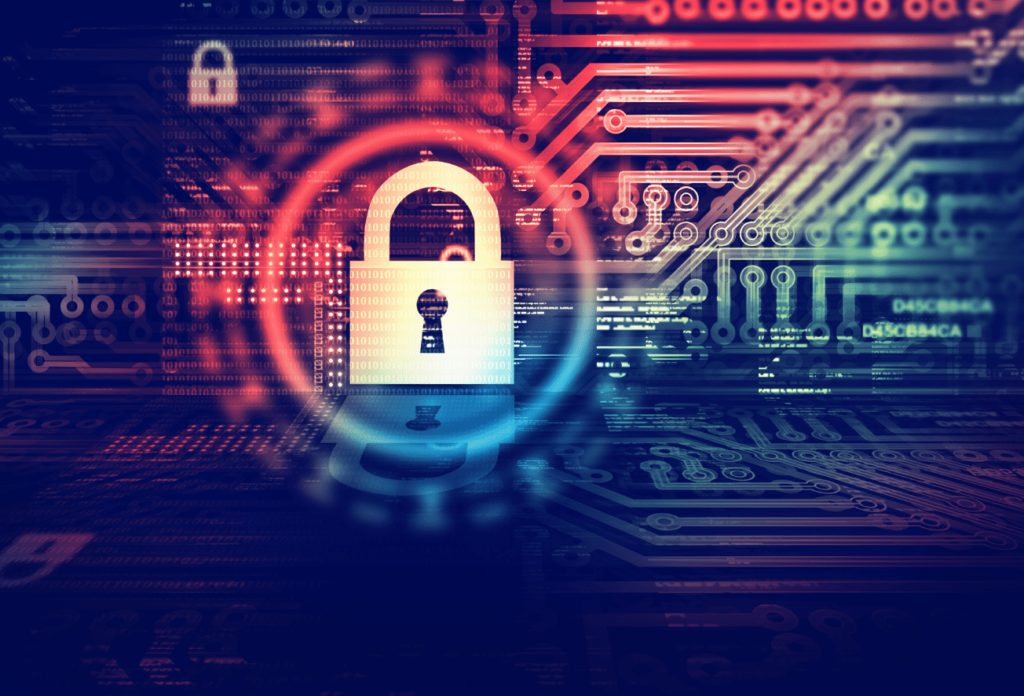
Does your organization have a secure data storage solution for archived medical records? If you’re still using legacy systems or on-site servers, then your data could be at risk. Based on your state’s medical record retention policies, you must keep patient files to remain in compliance. The problem is that most organizations don’t have a strategy or a comprehensive platform that enables this in an affordable, accessible manner.
Here’s what you need to know about secure data storage for archived medical records.
Legacy Systems Aren’t Efficient and Can Be Risky
In many cases, healthcare providers and pharmacies leave legacy systems up as their solution for archived storage. Doing so can be inefficient, costly, and risky. When you need to find records, a legacy system typically doesn’t allow for easy searching. You could spend hours compiling records. Further, if it’s only accessible in one location, it’s one more obstacle.
You’re also paying a monthly fee to keep it live, which can be expensive. Finally, the system could be prime for a cyber-attack because it’s no longer receiving patch updates. Cyber actors are always looking for easy ways to steal PHI (personal healthcare information) or hold it for ransom. To prevent a breach, you need a secure data storage solution.
On-Site Servers Have Limitations
If you’re not using a legacy system, your IT team may have moved old records to an on-site server. This approach has limitations. It’s only accessible from that location, versus a cloud solution, which you can log into from anywhere. On-site servers are also easier to hack than clouds. Finally, what happens if you lose power or have another disaster? Those records are gone without redundancy.
The Better Solution for Secure Data Storage
If you want to ensure secure data storage, then you need a robust archiving platform that’s cloud-based. With such a solution, you’ll be compliant, enable easy access, reduce costs, and always have a backup.
When looking for an archiving system, be sure it has these features:
- Intuitive, easy to use interface.
- Web-based.
- HIPAA and HITRUST compliant.
- Filtering and searching capabilities.
- Audit print-ready reporting.
- Encryption for data at rest and motion.
- Multiple location options.
- Different user permissions.
- Ability to archive documents, files, and images.
Better Security, Efficiency, and More
If your archived medical records plan is falling short, it’s time to rethink how you store records. ViewMaster, our archiving product, has all these features and more. See why so many healthcare organizations choose it for archiving!



